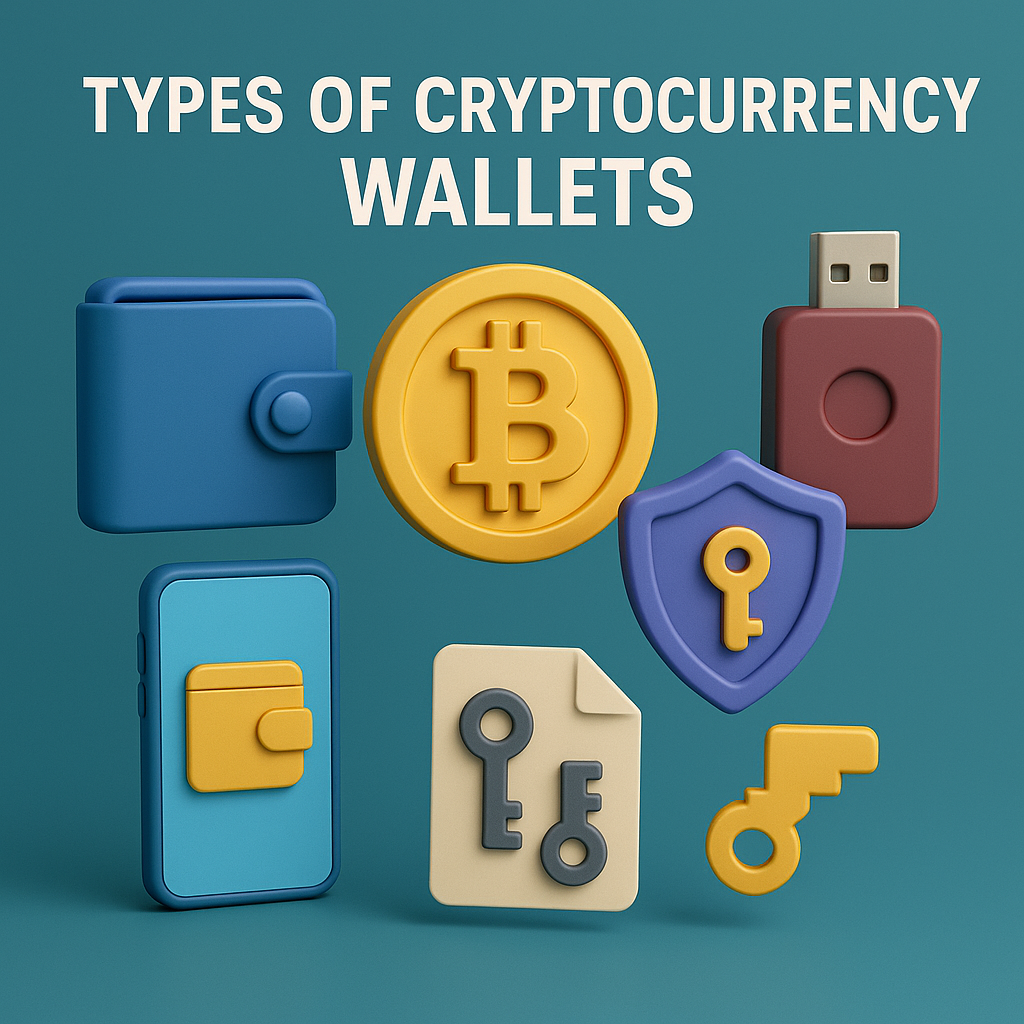Best Types of Cryptocurrency Wallets: Hot, Cold, Custodial and More

In the expanding universe of blockchain technology, cryptocurrency wallets serve as the digital backbone for managing and protecting virtual assets. Acting as gateways to decentralized finance, these wallets come in various forms—each with unique advantages and security considerations.
Hot Wallets: Speed Over Security
Hot wallets refer to any cryptocurrency storage solution that maintains an active internet connection. Their primary appeal lies in accessibility and ease of use.
Smartphone Wallets
Mobile applications like MetaMask or Atomic Wallet offer portability and user-friendly interfaces. While ideal for instant transfers, their security depends heavily on the safety of the device they’re installed on.
Computer-Based Wallets
Desktop options provide more control and typically offer stronger encryption, but remain susceptible to viruses and malicious software.
Online Wallets
Hosted on cloud platforms or exchanges, web wallets allow users to transact quickly without installations. However, the user must trust a third party with their private keys.
Cold Wallets: Fortress-Like Protection
Cold wallets stand in contrast by operating entirely offline, thereby eliminating most digital threats.
Physical Devices
Hardware wallets like Trezor and Ledger function as standalone vaults for private keys. They’re connected only during transaction signing, minimizing exposure.
Printed Key Storage
Known as paper wallets, this method involves generating and printing public and private keys. Though disconnected from the web, they can be easily misplaced or damaged physically.
Offline Terminals
Devices never connected to any network—such as air-gapped computers—can be used for transaction authorization, offering a high-security alternative for the tech-savvy.
Who Holds the Keys: Custodial vs. Self-Custody
Beyond the format, wallets differ in terms of key ownership:
Third-Party Controlled Wallets (Custodial)
These rely on companies or exchanges to manage private keys on the user’s behalf. While this relieves users of responsibility, it introduces risk if the provider is hacked or shut down.
Self-Custody Solutions (Non-Custodial)
These give individuals complete authority over their keys and coins, aligning with crypto's foundational ethos of decentralization.
Final Thoughts
Selecting a cryptocurrency wallet is not a one-size-fits-all decision. Whether prioritizing usability, privacy, or ironclad security, understanding the distinctions between wallet types empowers individuals to navigate the crypto ecosystem with confidence.